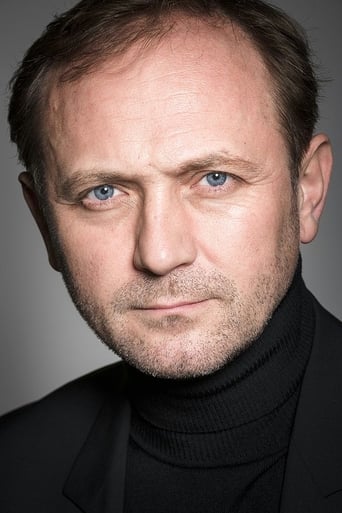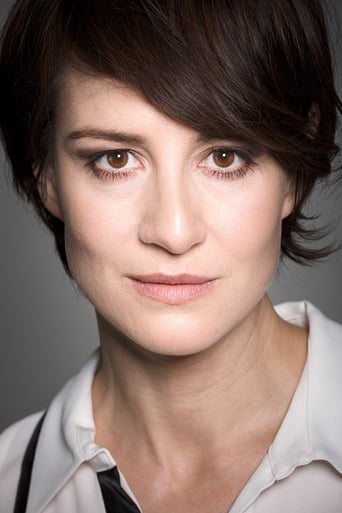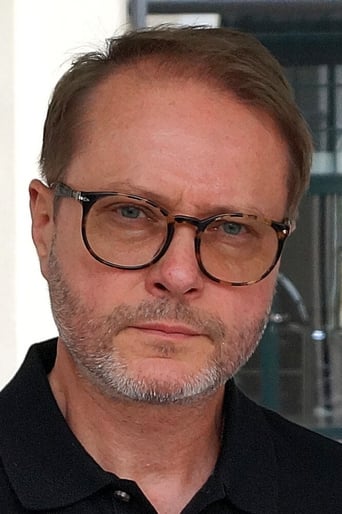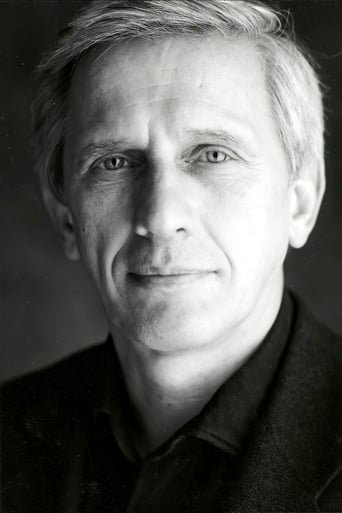Pluskylang
Great Film overall
Matialth
Good concept, poorly executed.
CrawlerChunky
In truth, there is barely enough story here to make a film.
Kirpianuscus
a delicate subject. and an impeccable translation on the screen. in few words, one of the films who looking for reconquest the lines, emotions and tragedies of the recent history. and this did it not exactly a lesson of history but a kind of exorcism. because it is a courageous exercise to say the truth behind the political interests or the ideological colors. a story about people and decisions and a war like a drop of amber. it is not easy to say why but, certainly, it is a film who must see. not as translation of a bitter moment in images. maybe, not for the artistic virtues. but for the the simple motif to discover the truth who remains foundation of the present reality.
SnoopyStyle
It's Sept 1939. Anna and her daughter Nika are part of the stream of humanity heading east escaping the Nazis. They run into refugees heading west escaping the Soviets. Anna's husband Andrzej is a cavalry captain captured by the Soviets. He is one of 20k Polish officers held as POWs. His father is an university professor in Nazi-occupied Krakau. The teachers are all taken to concentration camps. Anna struggles to return to Krakau. Lt. Jerzy gives his sweater to Andrzej. As the war goes on, both the Nazis and the Soviets blame the other for the Katyn massacre of the Polish officers. The families of these men struggle to find the truth and conform to the various government officials during and after the war.It's always important to correct a history that has been distorted by propaganda for so long. This does it sincerely and that is noteworthy. It does cover a lot of ground during and after the war. It's probably important to see the official account changing from one dictatorial government to the next. When the movie moves away from Anna, it does loses the thread of the story telling. While it's a sincere telling, the story does get muddled going between the various characters.
christopherwcampbell
To some this may be a war movie. To others it may be an expose of the malign caprices of brutal authoritarian regimes. To many of us, I suspect, it is the above and much, much more.Some people seem to have found this film to be slow or even boring. Perhaps, they expected battle scenes and non-stop violence. I myself love to watch a good, gung-ho war movie, but I also enjoy a film which can portray the real impact of war on ordinary people as well as those who actually go into combat.This work shows the very real emotional and physical trauma experienced by those caught up in such a horrific situation. The stress of not knowing what has happened to a loved one. The bitter release of learning of their death. And the heartless manoeuvres of Nazis and Stalinists cynically plotting to gain advantage for their regimes no matter the cost in hypocrisy to their own warped ideology, never mind the sheer sociopathic insanity of their actions. The mechanical nature of the murders themselves is wonderfully and horribly portrayed, and is set into stark relief by juxtaposition with the real humanity displayed by the victims and their relatives elsewhere in the piece.
Malcolm Parker
It seems almost sacrilegious to be critical of a film that is based on genocide, but just because a film portrays an appalling historical episode does not mean it should automatically be lauded or acclaimed as this film appears to have been from it's cover notes. The film loosely follows several Polish officers caught up in the events, sometimes from their perspective and sometimes from the perspective of their families. Initially, the coverage of the genocide itself is from the perspective of relatives and thus arrives second or even third hand. The problem I felt was that the storyline flits between to many characters. We see some important episodes in their lives but very few of them are given any real depth. Two scenes involving the soldiers also jarred. An enormous prison barrack has bunk beds about ten berths high and is packed with thousands of soldiers and the temperature is well-below freezing. A visually iconic image. However it's also emotionless, the actors may as well be at a football match or just about to leave work. The second scene later showed the officers on a train. The narrative described them as twelve people crammed into spaces big enough for seven. Well to me they looked as though they were far more comfortable than if they had been travelling on the London underground at rush hour. It's a difficult subject and Wajda (whose own father was killed in the events) should have been the perfect director, but the massacre of 22,000 people deserves a more remarkable film depiction than is managed here.





